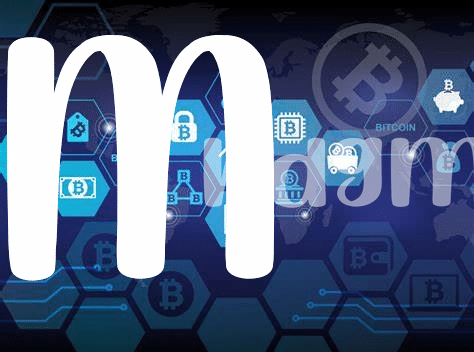Introduction to Blockchain Technology in Elections 🌐

Blockchain technology has emerged as a promising tool for revolutionizing various sectors, including the realm of elections. Through its decentralized and transparent nature, blockchain has the potential to enhance the integrity and trustworthiness of election processes. By utilizing cryptographic principles and distributed ledgers, blockchain can provide a secure and tamper-resistant platform for recording and verifying votes, ensuring the accuracy and reliability of election results. This innovative technology has the capacity to address existing challenges in traditional election systems, paving the way for a more inclusive and transparent democratic process.
| Key Points: | Decentralized nature | Transparency |
|---|---|---|
| Benefits: | Secure voting | Tamper-resistant |
Challenges Faced by Colombian Election System 🇨🇴
The Colombian election system faces various challenges that hinder its transparency and efficiency. These challenges range from inadequate infrastructure and outdated technology to issues of security and trust among the electorate. Additionally, concerns about potential fraud, manipulation, and lack of accountability have plagued past election processes in Colombia. The need for a more secure and transparent voting system has become increasingly evident in order to restore trust in the democratic process and ensure fair election outcomes. Efforts to address these challenges through innovative solutions like blockchain technology have the potential to revolutionize the way elections are conducted in Colombia and enhance the legitimacy of the electoral system.
By leveraging blockchain technology, Colombia can overcome the obstacles it currently faces in its election system and pave the way for a more transparent and secure voting process. The decentralized and immutable nature of blockchain can significantly reduce the risks of fraud and manipulation while providing greater transparency and traceability of voting data. This transformative technology not only offers a solution to the challenges faced by the Colombian election system but also opens up new possibilities for enhancing democracy and promoting trust in the electoral process.
Benefits of Implementing Blockchain in Elections ✨

Blockchain technology has revolutionized various sectors, bringing about increased transparency, security, and efficiency. When applied to the realm of elections, it offers a myriad of benefits that can significantly enhance the electoral process. One key advantage is the immutability of blockchain, which ensures that once a vote is recorded, it cannot be altered or tampered with. This feature instills trust in the electoral outcomes, as the integrity of the results is maintained throughout the entire process. Additionally, blockchain can streamline the voting process by enabling secure, real-time vote counting, thereby reducing the likelihood of errors and fraud. Furthermore, the decentralized nature of blockchain eliminates the need for intermediaries, making the electoral process more cost-effective and accessible to a wider demographic.
Examples of Successful Blockchain Voting Initiatives 💡

In the realm of blockchain technology, several successful voting initiatives have showcased the potential for enhancing transparency and security in elections. These initiatives have not only streamlined the voting process but also minimized the risks of fraud and manipulation. By leveraging blockchain, these examples illustrate how innovative solutions can revolutionize the traditional electoral system, paving the way for more accountable democratic practices.
For more insights on how blockchain technology is being utilized to drive impactful initiatives, you can explore this fascinating article on blockchain technology innovation policies in Cuba.
Addressing Concerns and Criticisms of Blockchain Voting 🤔
Blockchain voting has garnered attention for its potential to enhance transparency and security in elections. However, critics raise valid concerns about the technology’s susceptibility to cyber attacks and technical glitches. Addressing these criticisms requires a multi-faceted approach, including robust encryption protocols, regular audits, and user-friendly interfaces. Transparency in the development and deployment of blockchain-based voting systems is essential to build trust among stakeholders. Additionally, educating the public about the technology’s strengths and limitations can help dispel misconceptions and foster confidence in its reliability. By proactively addressing concerns and criticisms, blockchain voting initiatives can pave the way for a more inclusive and trusted electoral process.
| Criticism | Address |
|---|---|
| Cyber attacks | Implement robust encryption and cybersecurity measures. |
| Technical glitches | Ensure regular audits and testing to identify and fix issues. |
| Public trust | Focus on transparency in development and education about the technology. |
Future Outlook: Potential Impact on Colombian Elections 🚀

The implementation of blockchain technology in Colombian elections holds the promise of revolutionizing the electoral process, enhancing transparency, integrity, and trust among citizens. By incorporating blockchain, the decentralized and immutable nature of the technology can significantly reduce the potential for fraud and manipulation, ensuring the sanctity of the voting system. This innovation could lead to increased voter participation, as citizens gain confidence in the fairness of the electoral process. Additionally, leveraging blockchain in elections can streamline procedures, reduce costs, and provide real-time, secure access to voting data. The potential impact on Colombian elections is poised to be transformative, setting a new standard for electoral integrity and efficiency in the country.
Blockchain Technology Innovation Policies in Chile
